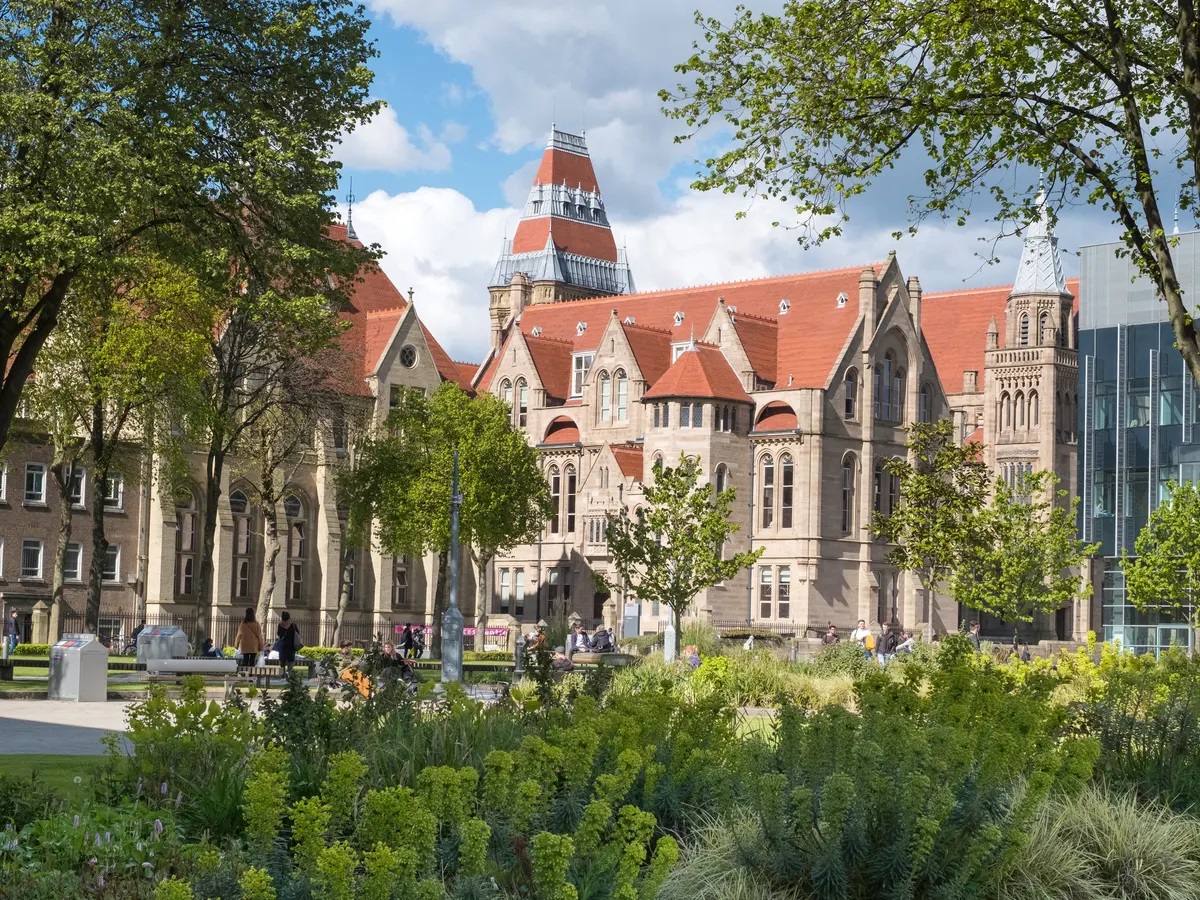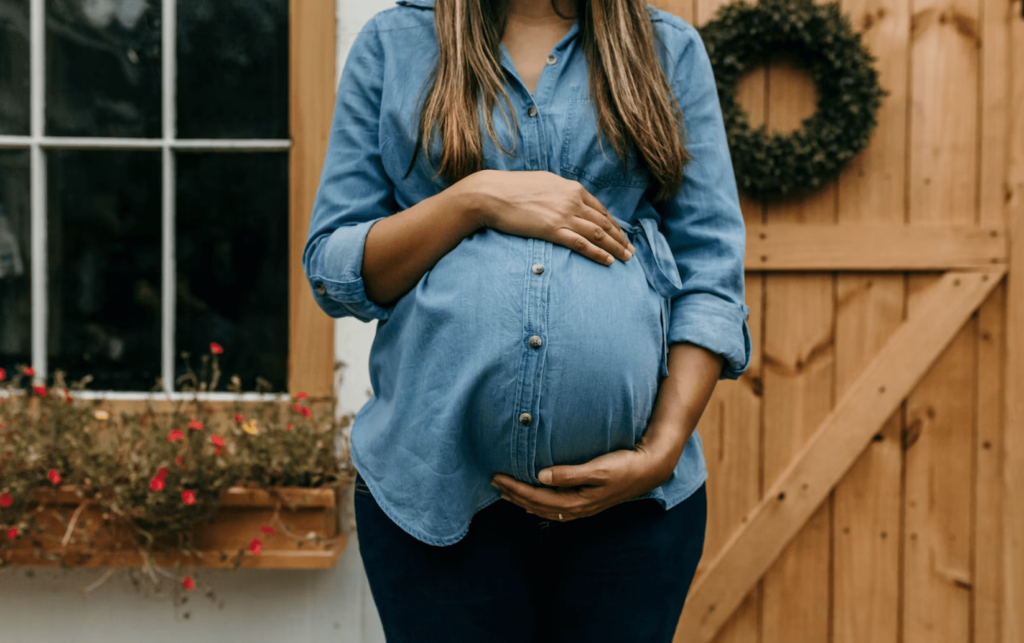
Jason Voorhees. Michael Myers. Ghost Face. Three dudes in a pro-life club at the University of Manchester.
These are the avatars of horror in the modern abortion-loving era, synonymous with fear and dread.
At least that’s what the strong reaction from female students at the school indicates. According to a news report from The Independent:
“Over 15,000 people have signed a petition voicing concerns about the group, which has been allowed to form due to freedom of speech laws.
The society’s social media page says its primary aim is to “create a pro-life culture on campus” in its first post Thursday, Jan. 11.
A later post inviting students to meet its committee shared profiles of three male students. The group insists that while they are opposed to abortion, they are also “concerned with other threats to life” including assisted suicide and deaths occurring through poverty.
The student union said it would be illegal to reject the society’s application. However, female students are concerned that the group stigmatizes women and has even made some feel unsafe.
Second-year linguistics student Heather Bowling told The Independent that the student union is “directly enabling misogynistic hate speech” and called their response “weak”.

It’s worth noting that the UK has some of the least protective pro-life laws in Europe, with abortion allowed through 24 weeks and beyond if circumstances are determined by a doctor to warrant it.
Equally of note is that the UK’s most egregious violations of freedom of expression in recent years, including the arrest of a woman who was praying silently outside of an abortion facility. In a separate story, two people were arrested for peacefully protesting outside of an abortion facility.
How much of a threat does this club, or any of the aforementioned free speech activities, actually pose? The article does a good job explaining the mindset behind the threat perception: shame and guilt.
“A former student at the university, who had an abortion last year while studying, said she would have been “driven mad” if the society had existed while she underwent the procedure.
“While I knew it was unfeasible [for me to have a baby] the constant stream of guilt from people who aren’t in similar circumstances made it so difficult. I kept thinking ‘I am a murderer or evil like people say’,” she told The Independent.”
Ultimately, there is something extremely shameful about abortion: it’s the ending of an innocent preborn human life.
It’s a life that begins at conception according to The American College of Pediatricians, who has said in no uncertain terms that “human life begins at conception—fertilization. At fertilization, the human being emerges as a whole, genetically distinct, individuated zygotic living human organism, a member of the species Homo sapiens, needing only the proper environment in order to grow and develop.”

The feeling that comes with ending a life is devastating. According to data from The Charlotte Lozier institute:
- Studies of women in the United States, Italy, and Finland show that women who have abortions have approximately two to six times the risk of suicide within a year compared to women who give birth. This risk increases with multiple abortions.
- Additionally, women who undergo abortion have a significantly higher rate of death from violent causes.
- A national survey of 1,000 women found that over 60 percent of those who had abortions reported high levels of pressure to abort.
- Most reported a desire to have given birth if they had received more support from others.
- Sixty-seven percent described their abortions as either inconsistent with their own values or preferences (43 percent), unwanted (14 percent), or even coerced (10 percent)
However, the likely goal of the pro-life campus group, just like many of the campus groups that Students for Life of America and Students for Life Action operate and work with, isn’t to fight against scared, pregnant mothers – it’s to help women and show them there are life-affirming resources that can lead to a higher quality of life.
Quoting the article: “They added that they are campaigning for support for students who are pregnant or parenting at university and said: “We hope that we can have reasonable and dignified conversations with everyone moving forward so we can create a better campus and society, one where everyone is valued and respected.”
This echoes what we’re pursuing with our Standing with You program, where we connect expecting mothers with others who understand what an unexpected pregnancy feels like, and who know first-hand that peer-to-peer support can empower women to choose life.
That kind of future doesn’t have to be scary – but a society that views differing opinions as threats will always react this way, either here in America or abroad in the UK.
